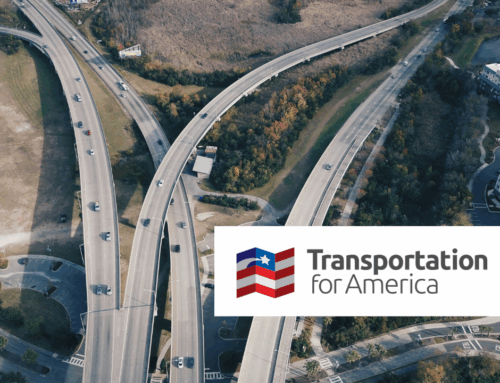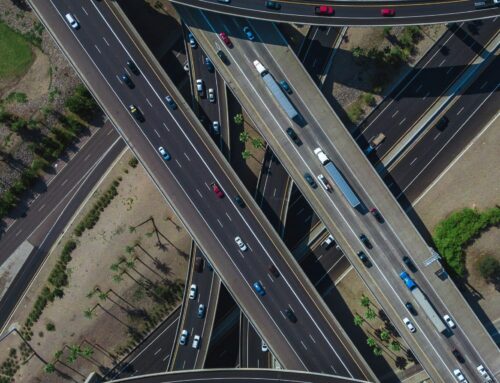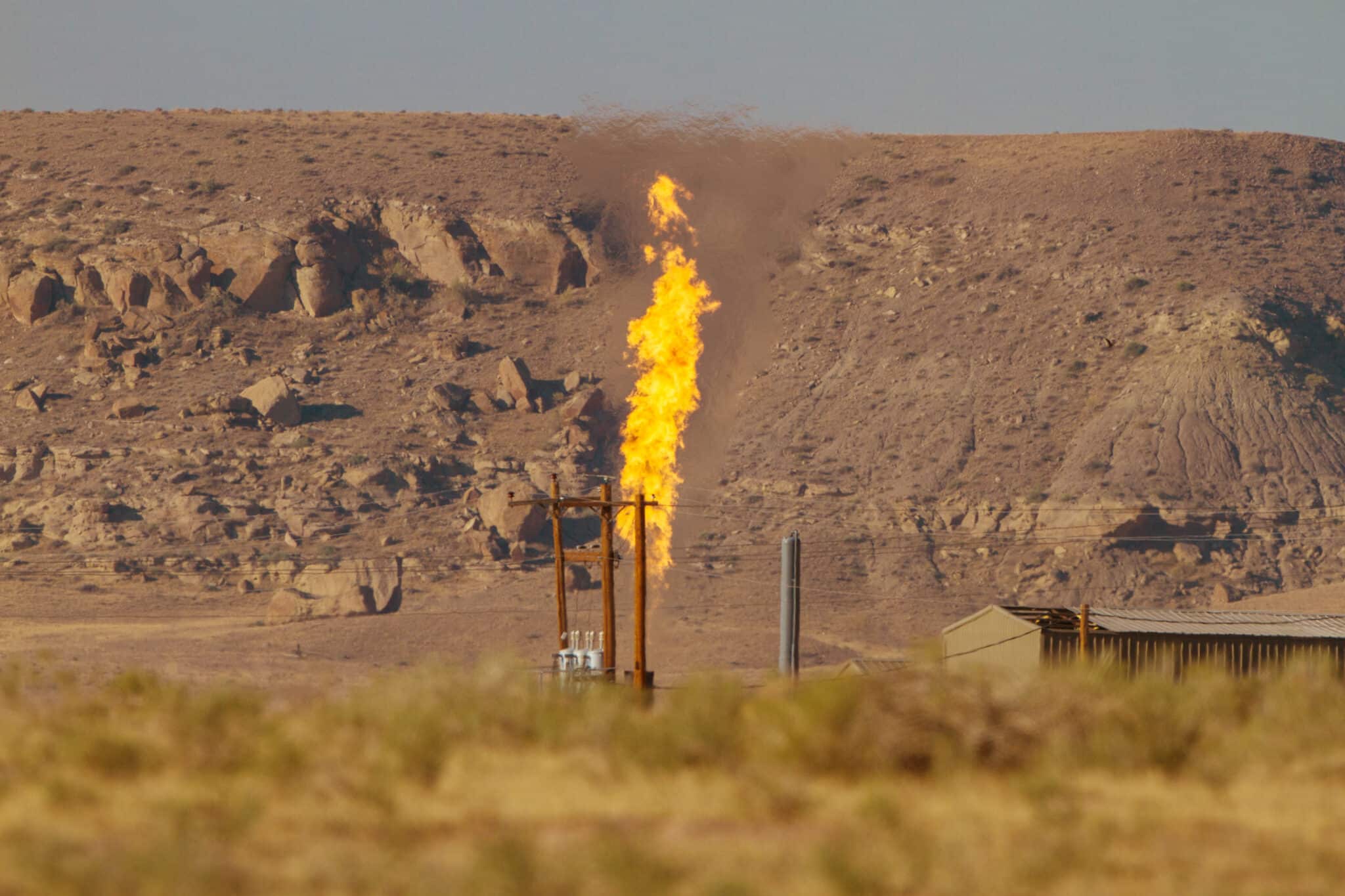Imagine the House you could design for yourself when someone else is going to have to pay for it. Totally tricked out kitchen, outdoor living room, man cave, woman cave, a bizzillion bedrooms and bathrooms. You get the picture. After all, you don’t have to figure out how to pay for it. Well, dear readers, meet the Senate Environment and Public Works Committee (EPW). They came up with an approximately $275 billion mansion of a six-year transportation bill and the Senate Finance Committee has to settle the bill.
As we have written about extensively, for years the gas tax has fallen short in generating the revenue necessary to fully fund all the transportation spending Congress wants. They have raided the treasury in several ways to make up the difference including outright transfers and gimmicks like “pension smoothing” and transferring funds from the Leaking Underground Storage Tank (LUST) trust fund. That’s been to the tune of $65 billion over the last several years. But gimmicks only get you so far, so instead of long-term legislation Congress has put forward short-term bills like MAP-21 (two years) and even shorter term extensions (two months in May). And less than 40 days before the existing extension expires, the EPW Committee passed S. 1647 or the Developing a Reliable and Innovative Vision for the Economy Act, aka DRIVE Act.
The DRIVE Act only exacerbates the existing problem. The Congressional Budget Office estimates that if you simply extended current transportation programs through fiscal year 2021, the gas tax fueled Highway Trust Fund would come up $97 billion short. The spending increases in the DRIVE Act are estimated by the ENO Center for Transportation to add another $11 billion to that deficit, meaning the Senate Finance Committee has to come up with more than $100 billion in extra cash to pay for the McMansion of EPW dreams.
Nobody thinks that the Senate Finance Committee is going to come up with their solution in the next two weeks. Besides, the House Transportation and Infrastructure Committee has to come up with their version of a transportation bill and hammer it out with EPW. Plus, the House Ways and Means Committee (the analog to Senate Finance) has to put their stamp on any funding proposal. So that means a short term extension, maybe for six months to get through the end of the year, and some new gimmicky solution to pay for it.
One bipartisan proposal to come up with the revenue is H.R. 1846, the Bridge to a Sustainable Infrastructure Act. This bill would index the gas tax to inflation (generating more than $27 billion in additional revenue in the next few years according to the authors), set the tax to increase if there’s future inflation and set up a commission to figure out what to do with the funding system (a la Super Committee). There are also calls to move to a Vehicle Miles Travelled (VMT) tax as is being done in Oregon. That is much more efficient as a user fee, but it is years away from reality.
Because gimmicks work for short-term solutions, how about a big gimmick for a longer-term one? Enter Senators Portman (R-OH) and Schumer’s (D-NY) proposal to rewrite the U.S. international tax code. Their “solution” is to move away from being only one of a handful of countries that use worldwide taxation and shift to a territorial style system. They would also create a new patent box – an extra low rate for intellectual property (which as we pointed out last month is also a bad idea). Relevant to this discussion is that they would create significantly lower tax rates than the existing corporate rate (35 percent) to encourage companies to bring the estimated $2.1 trillion worth of as yet untaxed profits that has been parked overseas. At least some of that one-time revenue would be dedicated to transportation to make up for the shortfall. But while that could be a significant chunk of change, it is still a one-time windfall and doesn’t deal with the underlying structural problems of the Highway Trust Fund, moves the program away from being user pays, and is really just another grab from the U.S. Treasury since that’s where the cash would have gone but for the diversion to transportation. The whole plan is sketchy at this time, while the $278 billion transportation bill is 270 pages, the most recent proposal to pay for it is one sentence in the six-pages of a bipartisan framework of recommendations in their international tax overhaul “plan.” There’s a lot of work to be done.
Photo credit: creativity + timothy k hamilton via flickr










